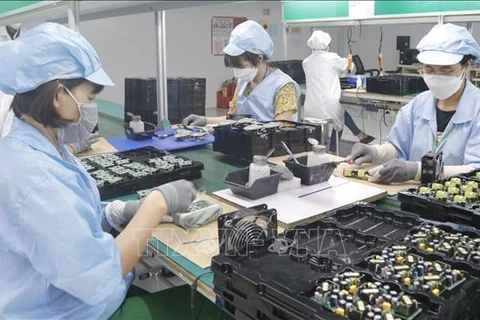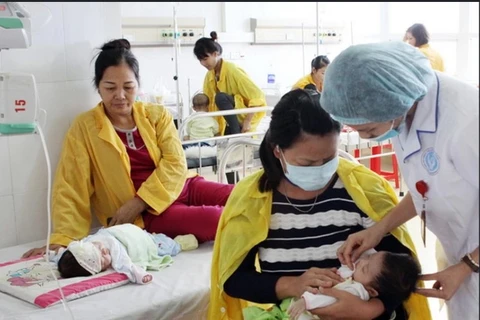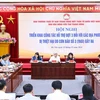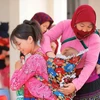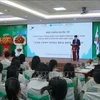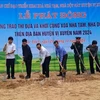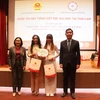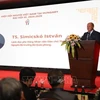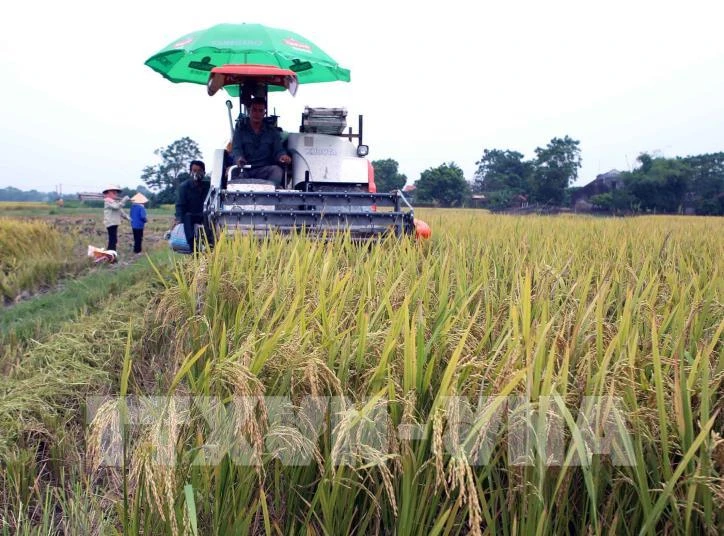
Bac Giang (VNA) – The northern province of Bac Giang has set its sights on developing rural tourism to leverage its agricultural potential, traditional crafts, cultural heritage, and natural landscapes, Vice Chairman of the provincial People's Committee Mai Son has said.
From now to 2025, the province aims to develop and standardize rural tourism destinations and products. It plans to recognise at least three model community-based tourism sites that align with the local agricultural, cultural, craft, or ecological advantages.
Furthermore, 50% of rural tourism service providers are expected to meet tourism service standards. Each rural district with tourism potential will establish at least one unique rural tourism linkage model.
The province will also promote digital transformation in rural tourism, with at least 50% of rural tourism sites being digitised and connected to online promotional platforms by 2025.In addition, the province aims to have 100% of rural tourism sites promoted and advertised, with 50% adopting electronic transactions in tourism activities.
All rural tourism establishment owners will be trained in tourism management, and 80% of rural tourism workers will be trained to improve their skills and service quality. Each tourism site will have at least one staff member who can communicate in basic English.
Bac Giang is upgrading and developing rural tourism and community-based tourism in accordance with the criteria for building new rural areas.
The province is developing and promoting rural tourism products based on each area's advantages in agricultural production, cultural and ecological characteristics, and building its brand as a rural tourism destination.
The province is developing rural tourism models in various forms, such as community-based ecotourism and agro-tourism, linked to nature conservation and traditional crafts.
It prioritizes models with unique tourism products for each region and aims to raise awareness and responsibility among the community, including managers, travel businesses, communities, and tourists in preserving cultural values and protecting the environment.
According to Nguyen Si Cam, Deputy Director of the Bac Giang Department of Culture, Sports and Tourism, the province considers tourism development a crucial and sustainable long-term direction to contribute to economic restructuring and socio-economic development. The province is mobilising state and social resources to develop tourism, while also developing community-based tourism and agricultural tourism in conjunction with historical, cultural, ecological, and spiritual tourism.
Currently, Bac Giang has 33 community-based tourism sites and rural tourism sites with the participation of 250 households. Some of the successful sites include Ban Ven, Ban Xoan, and Ban Thuong Dong in Xuan Luong commune, Yen The district; Na O village in An Lac commune, Son Dong district; Bac Hoa village in Tan Son commune, Luc Ngan district; and Tho Ha village in Van Ha commune, Viet Yen town. These four sites alone attract around 70,000 visitors annually.
The province has 12 community-based tourism sites in Luc Ngan, Son Dong, Luc Nam, and Yen The districts, developed by cooperatives and households.
Additionally, 20 community-based tourism sites linked to fruit growing areas in Luc Ngan district have been established, attracting approximately 350,000 visitors annually.In 2023, Bac Giang allocated funds from the national target programmes for rural tourism development for the purchase of electric vehicles, training, experience exchange, and the production of promotional materials./.

